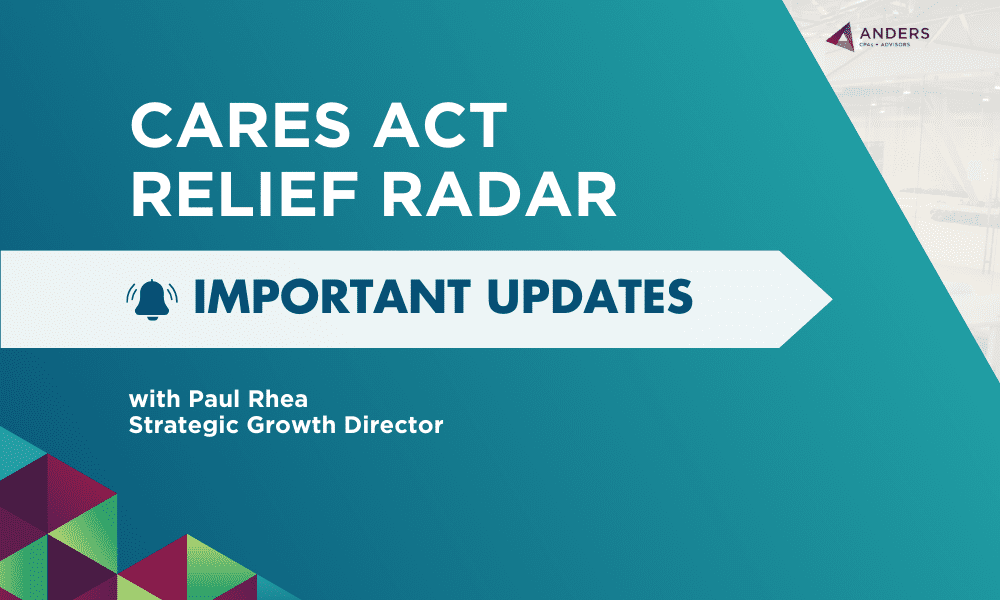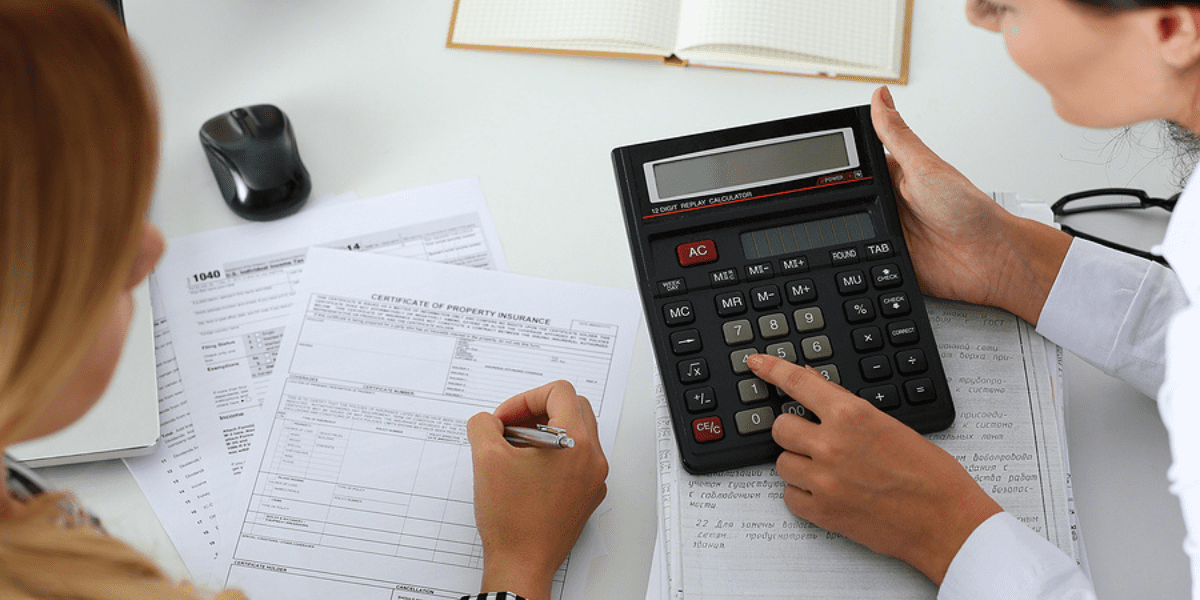With the passing of the Coronavirus Aid, Relief, and Economic Security Act (“CARES Act”), there have been many questions surrounding the individual recovery rebate terms and conditions. Below are common questions we’ve received and how we have been advising our clients.
Is the individual recovery rebate eligibility based on 2018 or 2019 tax return?
If an individual hasn’t yet filed a 2019 income tax return, IRS will determine the amount of the rebate using information from the taxpayer’s 2018 return.
Is the individual recovery rebate being based AGI or taxable income?
Rebate eligibility is based on AGI.
What is the phase-out for eligibility of the individual recovery rebate?
The amount of the credit is reduced by 5% of the taxpayer’s AGI on excess of $150,000 for a joint return, $112,500 for a head of household, and $75,000 for all other taxpayers.
Who is eligible for the $1,200 stimulus checks?
Tax filers with adjusted gross income up to $75,000 for individuals and up to $150,000 for married couples filing joint returns will receive the full payment. For filers with income above those amounts, the payment amount is reduced by $5 for each $100 above the $75,000/$150,000 thresholds. Single filers with income exceeding $99,000 and $198,000 for joint filers with no children are not eligible. Eligible taxpayers who filed tax returns for either 2019 or 2018 will automatically receive an economic impact payment of up to $1,200 for individuals or $2,400 for married couples. Parents also receive $500 for each qualifying child.
Where will the IRS send my payment?
The economic impact payment will be deposited directly into the same banking account reflected on the return filed.
What if the IRS doesn’t have my direct deposit information?
In the coming weeks, Treasury plans to develop a web-based portal for individuals to provide their banking information to the IRS online, so that individuals can receive payments immediately as opposed to checks in the mail.
Will dependents of mine receive a stimulus check?
Children who are (or can be) claimed as dependents by their parents are not eligible individuals, even if they have enough income to have to file a return.
Will my individual recovery rebate be taxable?
The rebate is treated as an income tax credit (i.e. nontaxable).
When will the individual recovery rebate be distributed?
The rebate is to be issued ASAP, but no later than 12/31/2020.
I am not typically required to file a tax return. Can I still receive my payment?
Yes. People who typically do not file a tax return will need to file a simple tax return to receive an economic impact payment. Low-income taxpayers, senior citizens, Social Security recipients, some veterans and individuals with disabilities who are otherwise not required to file a tax return will not owe tax.
How can I file the tax return needed to receive my economic impact payment?
IRS.gov/coronavirus will soon provide information instructing people in these groups on how to file a 2019 tax return with simple, but necessary, information including their filing status, number of dependents and direct deposit bank account information.
I have not filed my tax return for 2018 or 2019. Can I still receive an economic impact payment?
Yes. The IRS urges anyone with a tax filing obligation who has not yet filed a tax return for 2018 or 2019 to file as soon as they can to receive an economic impact payment. Taxpayers should include direct deposit banking information on the return.
I need to file a tax return. How long are the economic impact payments available?
For those concerned about visiting a tax professional or local community organization in person to get help with a tax return, these economic impact payments will be available throughout the rest of 2020.
Our advisors are closely following COVID-19 relief efforts and will continue to publish insights to keep you informed about potential business impacts and benefits. Visit our COVID-19 Resource Center for more news, tools and insights you need to know in these uncertain times.





